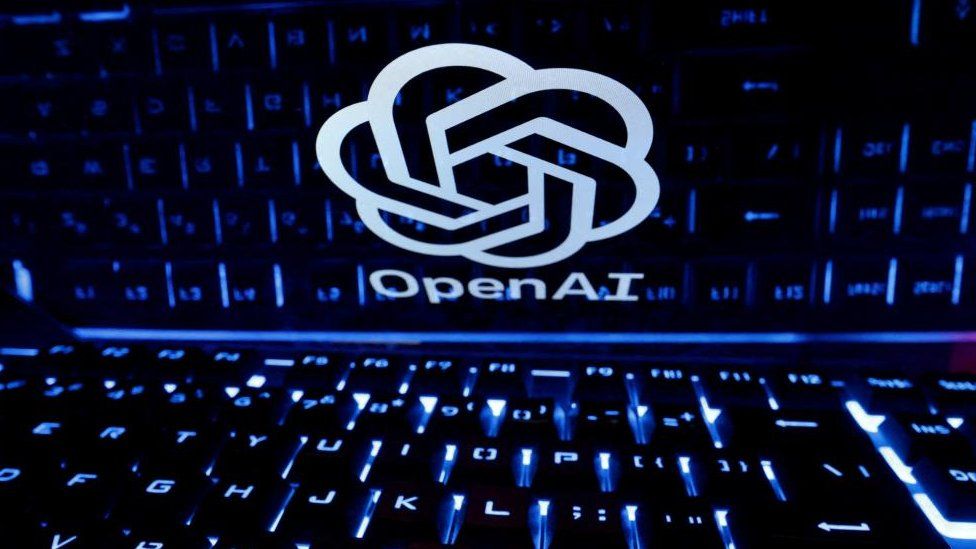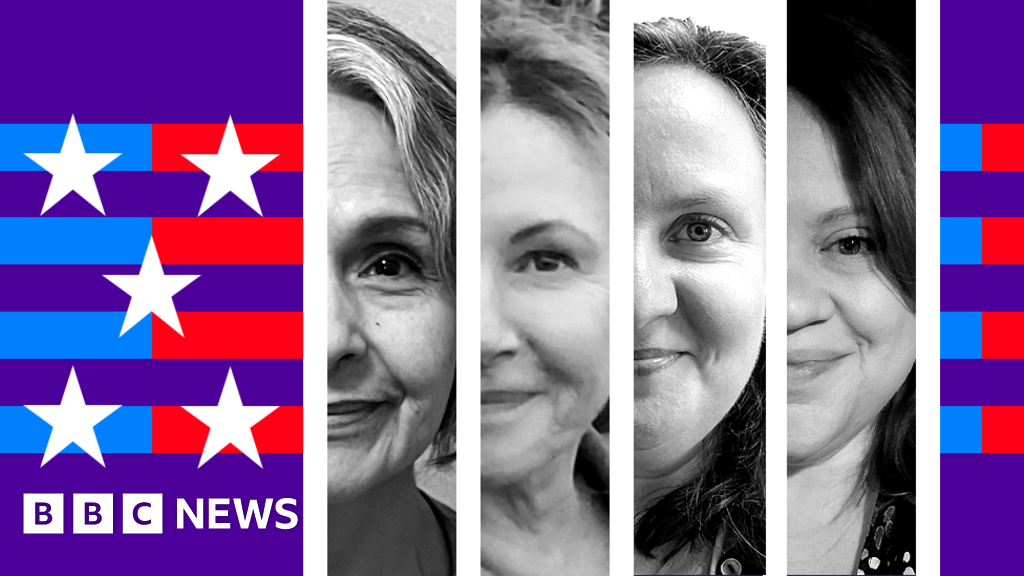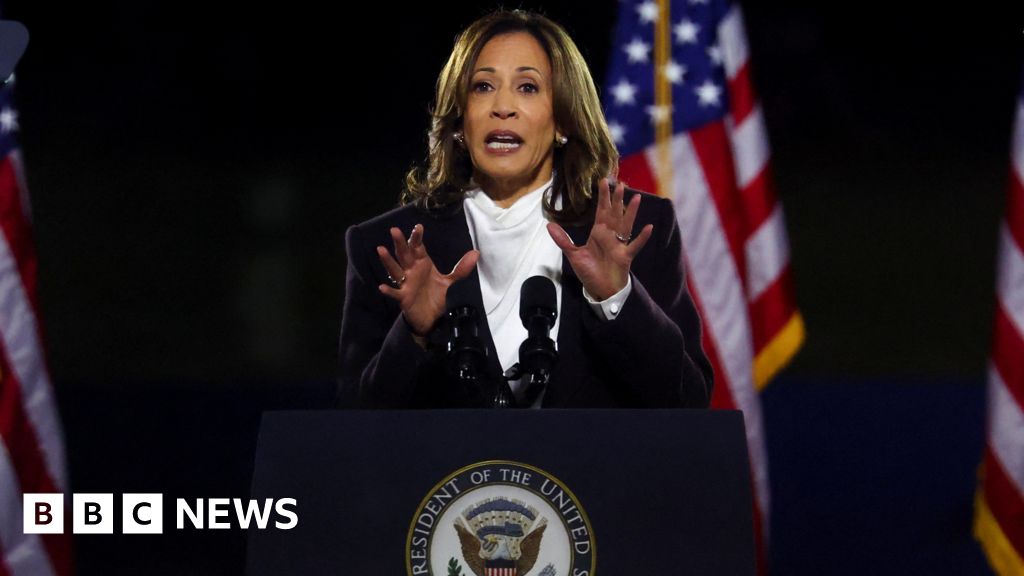ARTICLE AD BOX
 Image source, Reuters
Image source, Reuters
By Antoinette Radford
BBC News
OpenAI, the Microsoft-backed creator of ChatGPT, has confirmed the chatbot can now browse the internet to provide users with current information.
The artificial intelligence-powered system was previously trained using data up to September 2021.
The move means some premium users will be able to ask the chatbot questions about current affairs, and access news.
OpenAI said the feature would open up to all users soon.
Earlier in the week, OpenAI also revealed the chatbot will soon be able to have voice conversations with users.
They announced the changes on X, the platform formerly known as Twitter.
OpenAI and other similar systems use huge amounts of data to create convincing human-like responses to user queries.
They are expected to dramatically change the way people search for information online.
But ChatGPT's inability to take recent events into account has been a turn-off for some potential users.
"If this functionality or capability weren't there, you would need to go to Google or to Twitter or to your preferred news outlet. Now, you can treat this as a source of the latest news, gossip and current events," says Tomas Chamorro-Premuzic, professor of business psychology at University College London.
"So the main implication is that it's going to absorb a lot of the incoming questions and inquiries that were going to search engines or going to news outlets," he said.
But, Mr Chamorro-Premuzic added that using the platform to search could be a double-edged sword.
"I think that's a good thing in terms of getting quick responses to your pressing, burning questions," he said, but warned that without sourcing, information provided through ChatGPT could be misleading.
"If it's not stating in a reliable way what the sources are, and it's simply doing a mix and a mish mash of what exists out there... then the concerns are around accuracy and people just assume the information they get there is reliable when it's not."
Already, OpenAI has come under the scrutiny of US regulators over the risk of ChatGPT generating false information.
Earlier this year, the Federal Trade Commission (FTC) sent a letter to the Microsoft-backed business requesting information on how it addresses risks to people's reputations.
In response, the OpenAI chief executive said the company would work with the FTC.
When asking the ChatGPT bot itself why it had taken so long to allow users to search up to date information, the bot provided three answers.
It said developing language models took a long time and was resource-intensive, that using real-time data had the potential to introduce inaccuracies, and that there were some privacy and ethical concerns about accessing real-time information - particularly copyrighted content without permission.

 1 year ago
85
1 year ago
85








 English (US)
English (US)